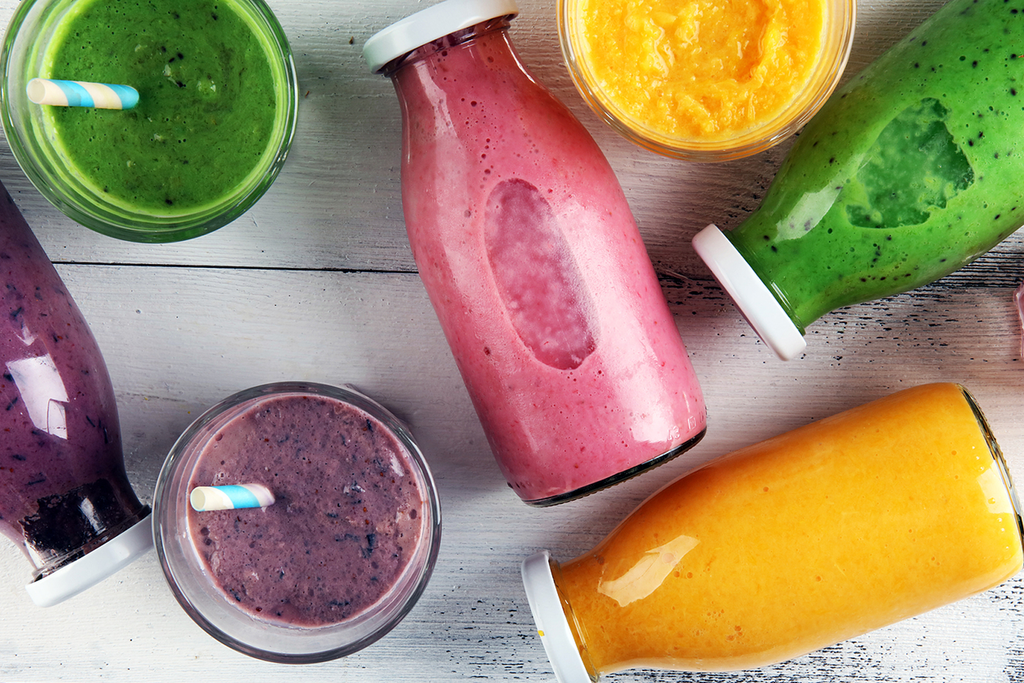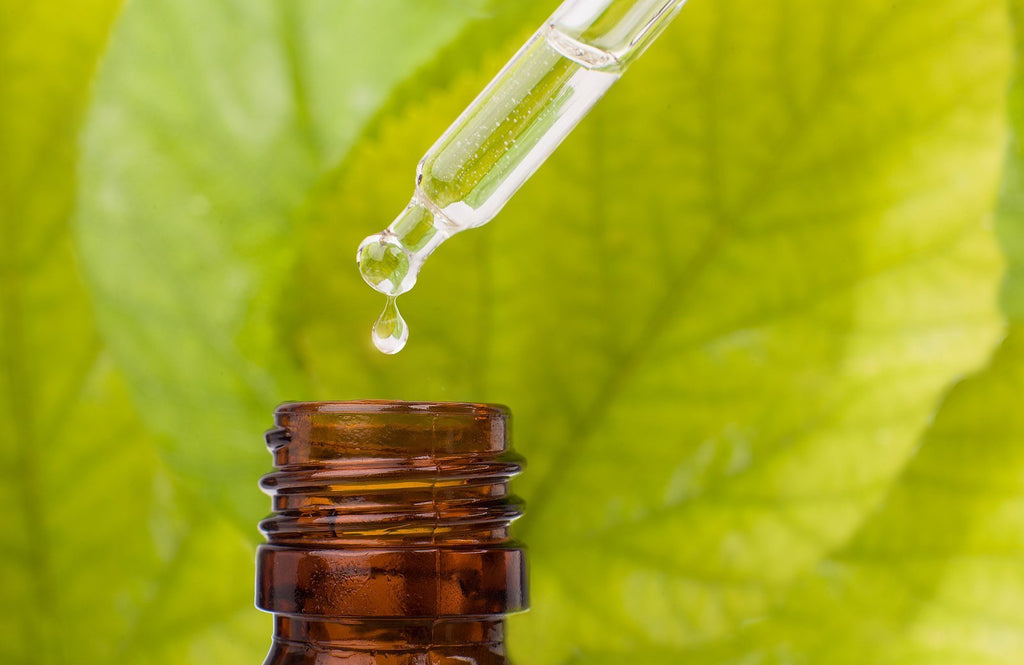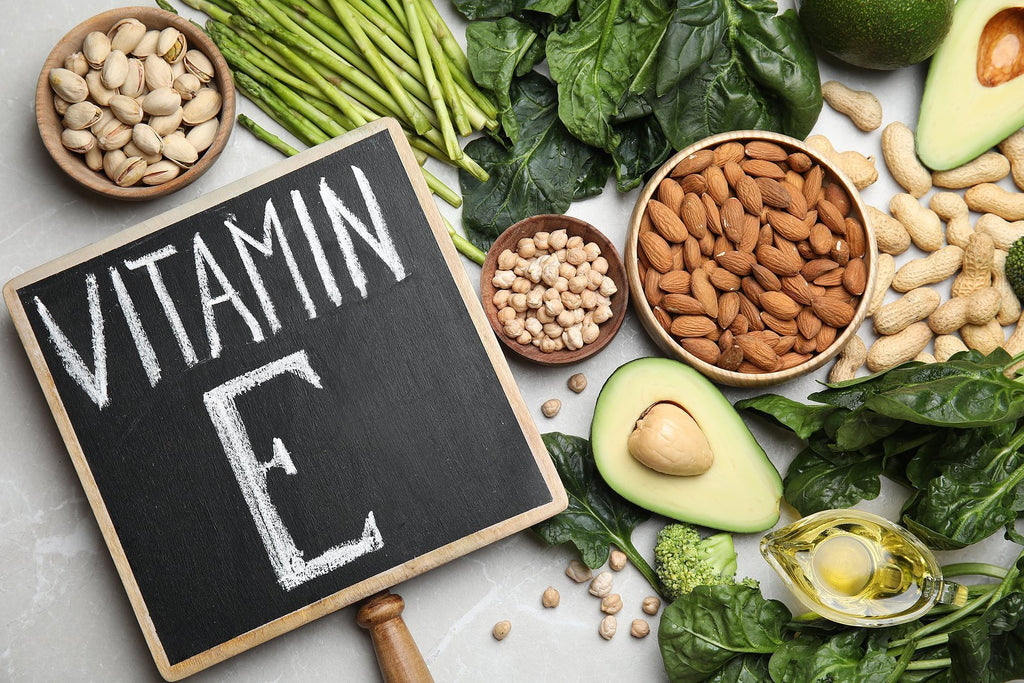How Gliadin & Lectin Foods Can Create Gut Chaos
We’ve all heard that grains and legumes are part of a balanced diet, right? Well, based on how these foods behave in your body, I beg to differ.
The main problem is that grains and legumes wreak havoc in a place that influences so much of your health – the gut! It’s well known that when your gut health is compromised, every part of your body becomes susceptible to dysfunction and disease. Your gut holds the key to your overall health!
The good news is that your body can get plenty of nutrients and fiber from other food sources that support your health rather than destroy it.
Grains and Legumes Cause Digestive Problems
Certain plants just don’t jive with the human body, especially the grains that have been grown and processed in the last 100 years.
Grains are seeds which are intended to be cultivated in the ground to support their reproduction. When seeds end up in the stomachs of animals, insects and humans – the plant’s life cycle ends abruptly.
So, as a survival mechanism, certain plants evolved to contain chemicals that are toxic to a predator. These chemicals are known as Gliadin and Lectins.
They’re found in:
- Grains
- Legumes
- Certain vegetables & fruits
To help you understand why these chemicals are so dangerous, I’ll first review a few basics on the structure of the gut.
A Healthy Immune System Begins in the Gut
An incredible 80% of your immune system resides in your gut!
A healthy gut lining should have tight junctions between the cells that line your intestine. This ensures a strong barrier between the intestines and bloodstream (no permeability). In the case of a leaky gut, these junctures are loosened to create gaps in the lining that allow toxins to freely enter the bloodstream. Your health depends on tight junctions between intestinal cells because this keeps bacteria, metabolic waste and foreign food particles out of your bloodstream.
How Gliadin and Lectin Foods Cause Major Gut Damage
These plant chemicals punish the predator by causing massive damage to the intestinal lining of the gut.
This damage creates permeability of the lining, a condition known as leaky gut syndrome.
Gliadin and Lectins cause:
- Inflammation
- Tearing of intestinal wall cells
- Intestinal permeability (Leaky Gut) that can lead to autoimmune conditions, food sensitivities, skin problems, brain disorders and cancer
- Digestive discomfort that can lead to bowel trouble, heartburn, joint pain, weight gain, fatigue and brain fog
The Facts on Gliadin and Your Health
Gliadin is a protein found in:
- wheat gluten
- oats
- rye
- barley
- millet
Gliadin is dangerous because it boosts the production of another protein called Zonulin. The main job of Zonulin is to open the junctures of intestinal cells to create gut permeability. In other words, Gliadin activates Zonulin which encourages gut permeability.
Gliadin → Zonulin → Intestinal permeability → Leaky Gut Syndrome → Health problems
How Lectins Create Chaos
Lectins are another harmful substance that some plants contain in large amounts. Just like gliadin, lectins are designed to support the survival of their plant species and ward off predators like insects, etc. These plants don’t mess around when it comes to protection – some lectins can even paralyze bugs!
Many animals like birds and rodents have had thousands of years to develop ways to deal with lectins. Humans, on the other hand, have been consuming un-sprouted grains and legumes for a much shorter time and our digestive system has not developed any protective means against lectins. In fact, lectins can act like little bombs in the human body. They are nature’s clever way of making us think twice before we eat them again.
Lectins damage the gut by actually tearing holes in the cells that line it. These torn dysfunctional cells leave you with a leaky gut!
Wheat germ agglutinin (WGA) is one type of lectin found in wheat. It is especially potent and protects wheat from bacteria, yeast and insects. Over 40 studies on WGA have linked it to intestinal and autoimmune disease, skin problems, and thyroid pancreatic and kidney cancer.
The Takeaway on Gliadin and Lectins
Here’s the summary on what you should know…
- Gliadin and lectins are found in grains. Wheat is especially harmful. Lectins are also abundant in legumes and certain vegetables and fruits.
- Gliadin damages the gut by boosting another protein (Zonulin) that encourages intestinal permeability and a leaky gut.
- Foods that contain high levels of lectins will damage your gut lining and lead to Leaky Gut, a condition that opens the door for so many health conditions (especially autoimmune disorders)
- Avoiding or limiting grains and identifying high-lectin foods is the first step to protecting yourself. Special cooking methods can even help neutralize lectins.
- Some people can tolerate lectins better than others. If your gut is damaged, it leads to a host of conditions associated with Leaky Gut.
Knowing the symptoms of Leaky Gut will help you identify the problem and save your health!
Want more food for thought? Check out my blog “Trust Your Gut: 5 Ways to Improve Digestion and Gut Health”
Share the Knowledge
Know Your Body - Know Your Health






